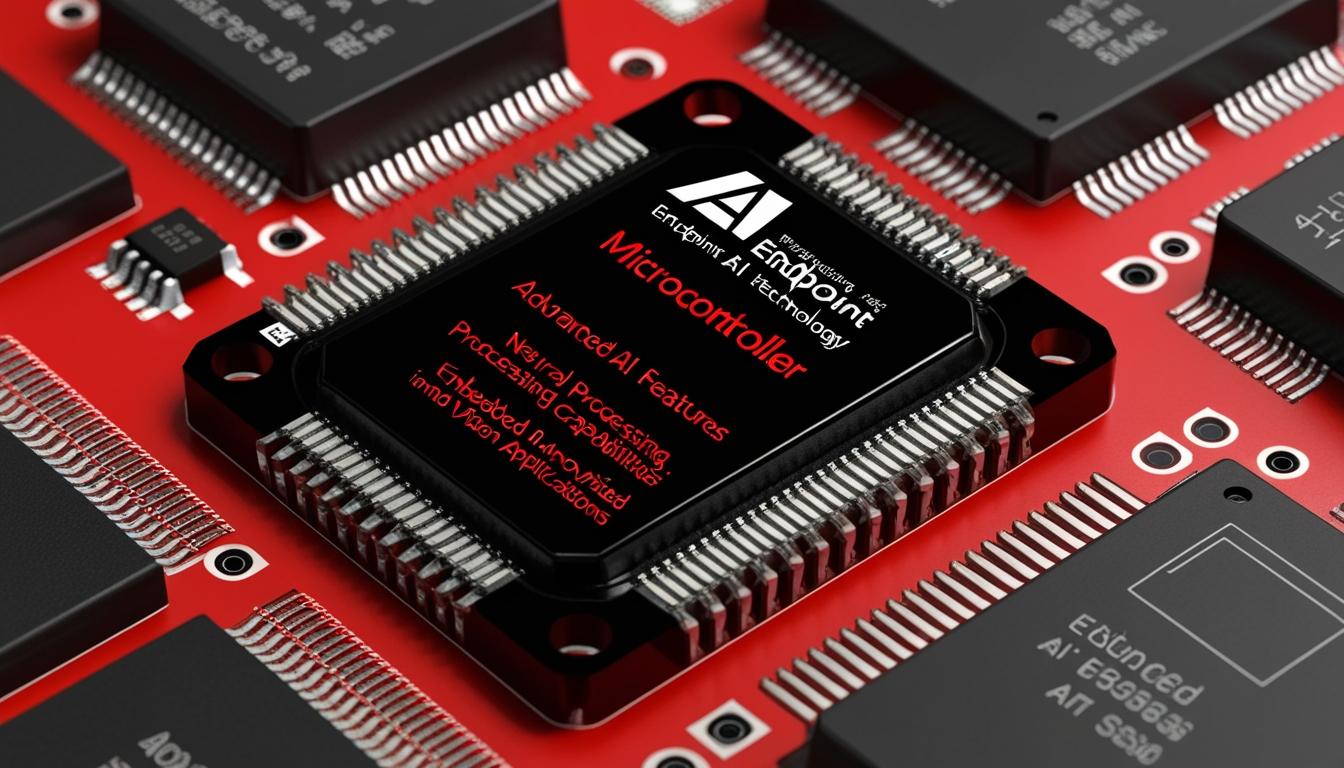In a significant development within the realm of artificial intelligence and automation technology, Arm and Alif have announced the unveiling of what is termed as the world’s first implementation of the Ethos-U85 in an endpoint AI microcontroller unit (MCU). This announcement was made by Paul Williamson, the IoT general manager at Arm, emphasising the innovative capabilities introduced by this collaboration.
According to Alif, this advancement integrates high-bandwidth memory and advanced power management techniques to support neural processing unit (NPU) operators that are essential for transformer networks. These networks are pivotal for executing generative AI workloads, significantly enhancing the performance of endpoint applications. Transformer networks operate by reinforcing relevant aspects of previously acquired input sequences while simultaneously processing current inputs, thereby facilitating deeper contextualisation. This capability is particularly beneficial for enhancing the user experience in multimodal AI applications that focus on vision, voice, text, and sensor fusion, all while maintaining independence from cloud computing resources.
The new MCU generation shows promise for advancements in embedded vision and audio applications, as it provides enhanced support compared to its predecessor. Key improvements include a broader internal memory bus aimed at boosting bandwidth for the NPU, as well as support for two MIPI-CSI camera interfaces and an image signal processor capable of handling 200 frames per second. An impressive bandwidth of 800 Mbyte/s will be achieved through a pair of external memory interfaces, fostering faster data processing speeds.
Additionally, Alif is anticipated to introduce a range of wake options, which include various SRAM data retention capabilities. The new base part numbers, E4, E6, and E8, have been announced, although specific details concerning the resources available with each part remain to be clarified. Electronics Weekly is awaiting further information from Alif to provide more insights into these critical advancements.
This ongoing evolution in AI automation technologies encapsulates the potential for businesses to leverage cutting-edge tools, enhancing their operational capabilities and user experiences across various sectors. As the industry forecasts predict further developments in AI integration, companies are expected to follow these advancements closely to adapt their practices accordingly.
Source: Noah Wire Services
